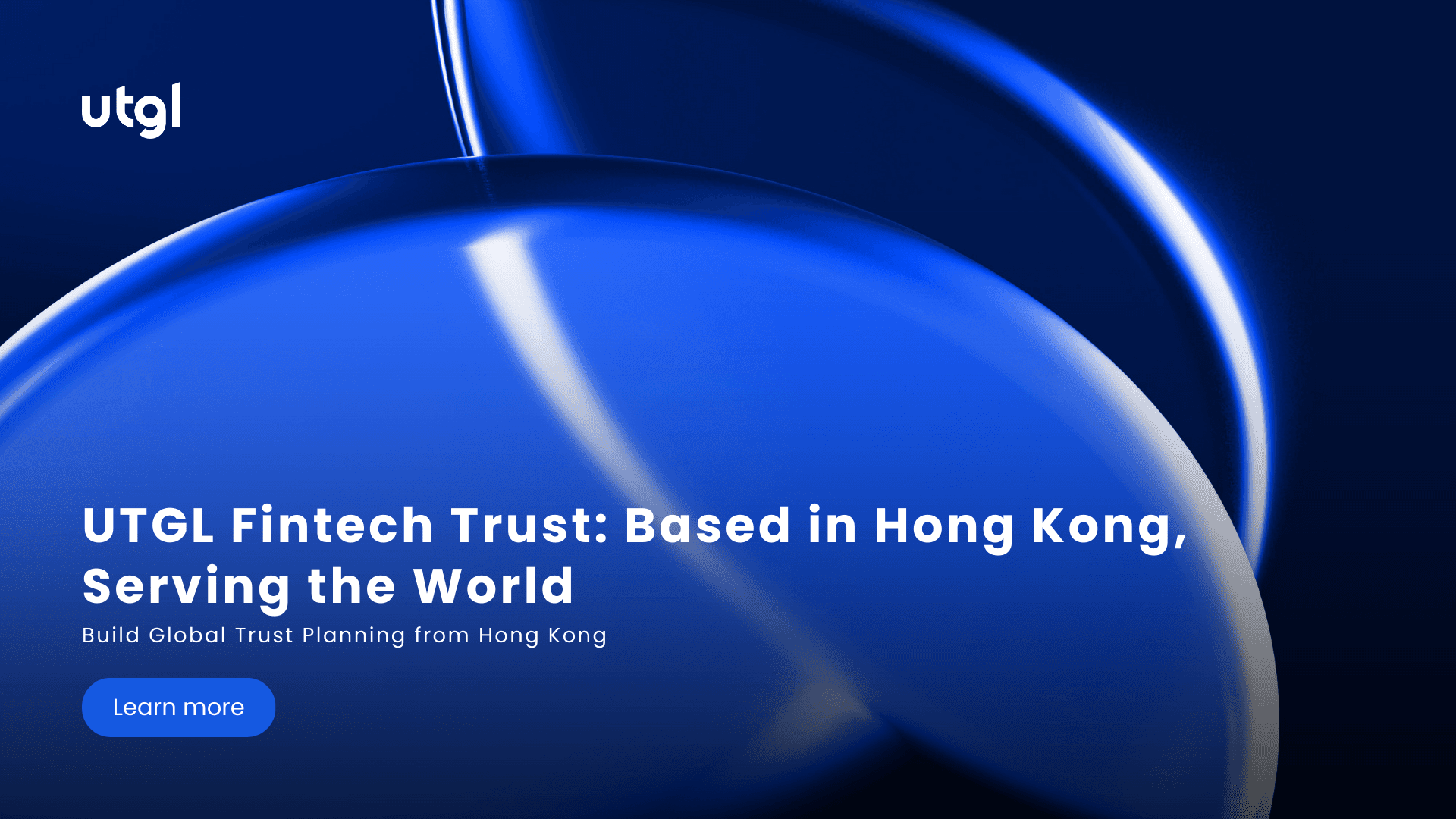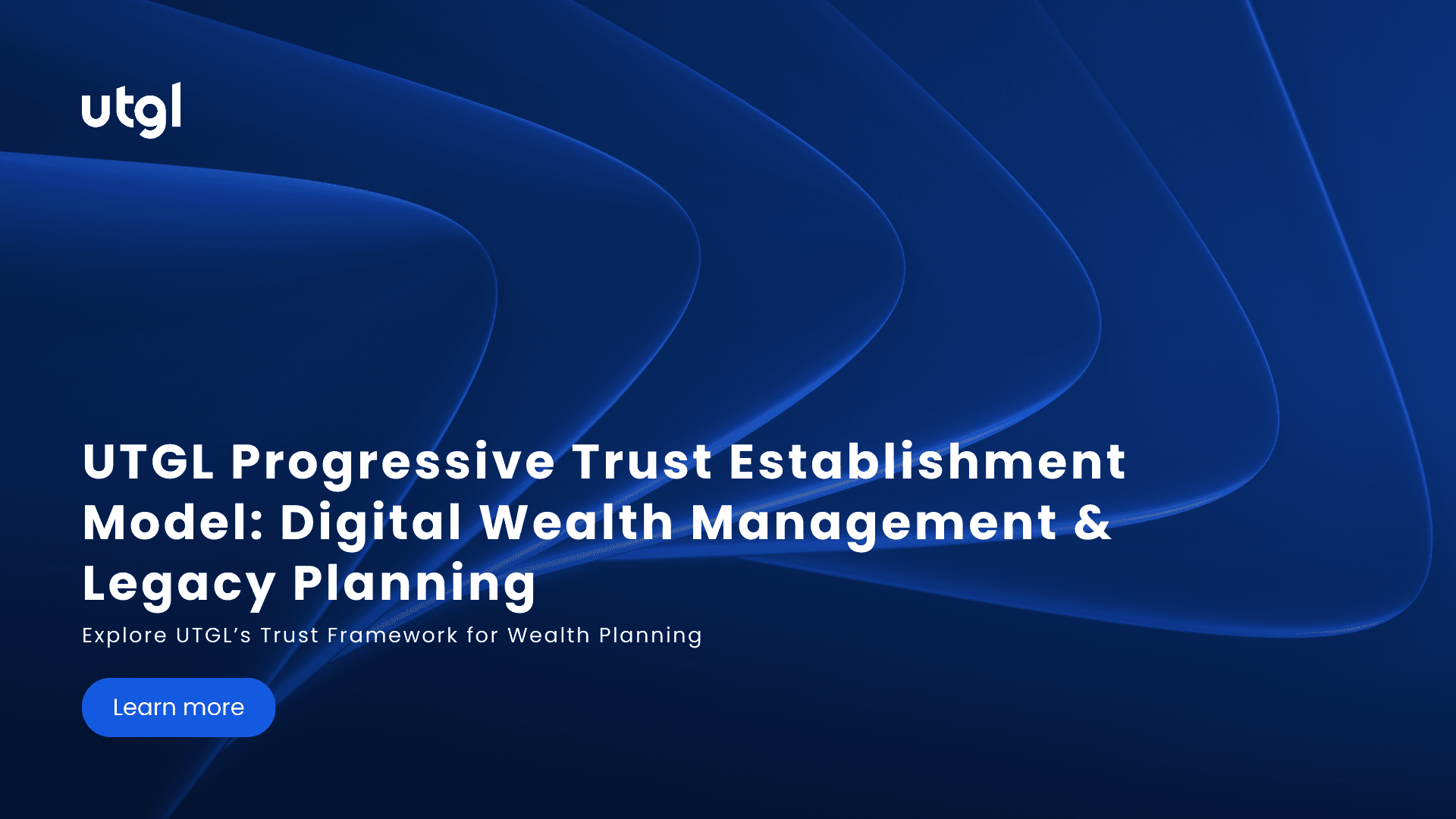Industries
Nov 20, 2023
Table of Contents
Nuances of Singapore and Hong Kong's Single Family Office Tax Incentives
Key Takeaways
Both Singapore and Hong Kong have rolled out aggressive tax incentives to recruit wealthy families and individuals establishing single family offices (SFOs) and family-owned investment holding vehicles (FIHVs). This deep dive contrasts the prime perks and criteria available in each financial center's programs. From residency rules to rates, the SFO and FIHV schemes vary subtly but meaningfully. Potential founders have much to consider as they weigh domiciling one versus the other. Understanding the nuances of these competing deals is pivotal for applicants pursuing tax breaks while identifying the regime best suited to their situation and goals for their SFO and FIHV. This analysis decodes the key stipulations to help the moneyed make an informed choice optimizing their bottom line and organizational needs for generations to come.
Singapore’s scheme
The 13O and 13U incentive schemes offered under Singapore law allow eligible fund companies associated with SFOs to receive tax exemptions on specified incomes from designated investments. Eligible investments cover assets like stocks, debt securities, futures contracts and bank deposits. Compliance with regulations set out in legislation as well as additional guidelines must be considered.
The 13O and 13U Schemes offer an exclusion from Singapore income tax on eligible income sources associated with approved investment types. Specifically, specified income generated from designated investments may qualify for tax exemption. Such eligible underlying assets could involve stocks and equity holdings in qualifying firms, certified categories of debt instruments, futures contracts held with futures exchanges, and bank deposits.
The complete range of permitted designated investments is broad, encompassing numerous options across diverse asset classes. However, it is also subject to various exceptions and carveouts. For additional details on covered investment opportunities and any limitations, please feel free to contact us. We would be happy to provide more information to help clarify qualifying transactions under Singapore's 13O and 13U programs.
Summary of the conditions for the 13O and 13U Schemes

Hong Kong’s scheme
Hong Kong provides tax incentives for family offices through the Inland Revenue (Amendment) (Tax Concessions for Family-owned Investment Holding Vehicles) Ordinance 2023, effective April 2022. Eligible family investment holding vehicles (FIHVs) qualify for a 0% tax rate on profits from certain transactions.
Qualifying transactions generating tax relief include securities, futures, currencies, deposits, commodities, and private company investments (with caveats for property-holding firms). Non-essential transactions receive concessions if comprising less than 5% of revenues.
To qualify, single family offices (SFOs) must maintain minimum assets of HK$240 million and spending of HK$2 million annually. Prior rules demanded central Hong Kong management; now, sufficient local investment professionals suffice.
Previous rules mandated family offices maintain "central management and control" locally to qualify for tax relief. Now, a lower standard simply requires operations be "normally managed or controlled" in Hong Kong.
This amended requirement means merely having a sufficient presence of skilled investment staff physically working in the city is sufficient eligibility criteria. In contrast, the past regulations dictated administrative functions be primarily situated in Hong Kong.
Specifically, qualifying family offices need at least two full-time employees conducting portfolio or trading activities within Hong Kong borders throughout the relevant tax period. The revised guidelines ease compliance by replacing stringent central oversight mandates with workforce placement thresholds.
In addition, recent Hong Kong policy statements unveiled efforts to develop the family office sector through initiatives like:
Launching FamilyOfficeHK dedicated services for philanthropy support and education assistance.
Introducing a Capital Investment Entrant Scheme to enrich local talent pools and attract new capital infusions.
Reforming charity registration to bolster Hong Kong's philanthropic sector.
Collectively, rule adjustments lower locational prerequisites while complementary programs cultivate Hong Kong's appeal as an Asia wealth management hub.
Key differences between Singapore’s and Hong Kong’s schemes

Key factors to evaluate when choosing between Singapore and Hong Kong for a family office
When evaluating the feasibility of establishing a family office in Singapore or Hong Kong, it is important to consider application requirements and processes in each location.
Application Process
For Singapore's 13O and 13U incentives, funds must submit an application to MAS for approval, which can take 1-2 years depending on owner profiles and office complexity. MAS will conduct due diligence on applicants, review investment professional experience, and evaluate wealth sources. Applicants must also open a private bank account, extending set-up timelines due to stringent KYC checks.
By comparison, Hong Kong's tax concession does not require pre-approval from regulatory bodies. FIHV can simply elect in writing to take advantage of the relief. However, applying to the Inland Revenue Commissioner for an advance ruling provides certainty of eligibility.
We recommend consulting our professionals to navigate each application approach according to individual circumstances and timetable needs. Our guidance can help clarify differences to determine the most suitable jurisdiction based on approval procedures and anticipated outcomes.
Permissible Structures
Under Singapore's 13O Scheme, funds must be incorporated locally. The 13U Scheme allows foreign incorporation. Both require Singapore-based family offices.
In Hong Kong, neither family investment vehicles nor offices need local incorporation to qualify for relief. However, offices require normal operations in Hong Kong.
Financial Penalties
Non-eligible 13O Scheme investors in approved Singapore funds may face penalties. This does not apply to 13U funds.
In Hong Kong, residents with over 30% beneficial ownership of family offices/vehicles pay tax on investment profits.
Charity Considerations
Singapore offers a full deduction for overseas donations via local intermediaries, capped at 40% of statutory income to boost philanthropy.
Hong Kong permits up to 25% charitable ownership of family offices, relaxing the prior 95% family ownership rule. This incentivizes social investment.
In summary, both jurisdictions aim to attract high-net worth families with tax-optimized structures. Professional guidance on nuanced scheme rules and structures is recommended based on individual needs and goals. Contact us for assistance navigating incentives and setting up an optimal private wealth solution.
RELATED ARTICLES




